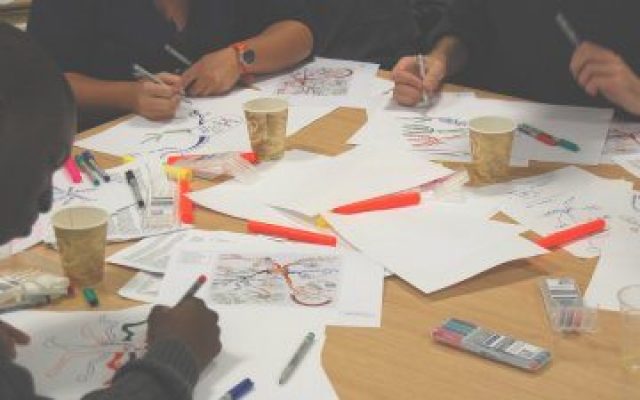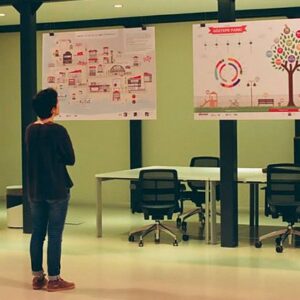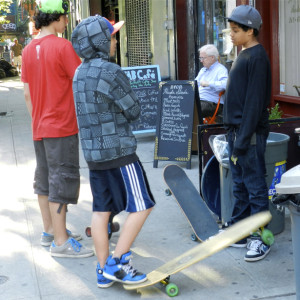Real and perceived social mobility
Social inequality is the root of our discontent – Chris Hedges
How likely is someone to move up the economic ladder?
A study by Alberto Alesina, Stefanie Stantcheva and Edoardo Teso of Harvard University compares the perceptions and realities of social mobility in five countries, the United States, United Kingdom, France, Italy, and Sweden.
The scholars make an unsurpising conclusion that Americans tend to be more optimistic about mobility than Europeans. An American born to a household in the bottom 20 percent of earnings, for instance, only has a 7.8 percent chance of reaching the top 20 percent when they grow up.
Indeed, additional research suggests social mobility depends on parental position and status. “Your circumstances at birth—specifically, what your parents do for a living—are an even bigger factor in how far you get in life than we had previously realized,” says sociologist Michael Hout, of New York University. “Generations of Americans considered the United States to be a land of opportunity. This research raises some sobering questions about that image.”
What does this mean for low-income first-generation students? How likely are they to overcome the “circumstances of their birth” — substandard educational foundations, parental status, lack of social and cultural capital? Is it better to embrace optimism and the promises social mobility than the reality that most will not surpass the occupational status of their parents?
Most would say yes. But sobering realities cannot be ignored.
Too many first-generation low-income students pay a high price as they embark on the path of promises of social mobility. They follow the rules; they enter the often alien culture of higher education; they struggle with or even sever ties with their families and communities if they chose to adhere to established social norms.
Working hard and following established rules cannot guarantee social mobility. By facing the realities of embedded social inequality in the United States, first-generation, low-income students have the potential to challenge the narrative of the myth of social mobility by sharing the realities of their life experiences.













No Comments Yet!
You can be first to comment this post!